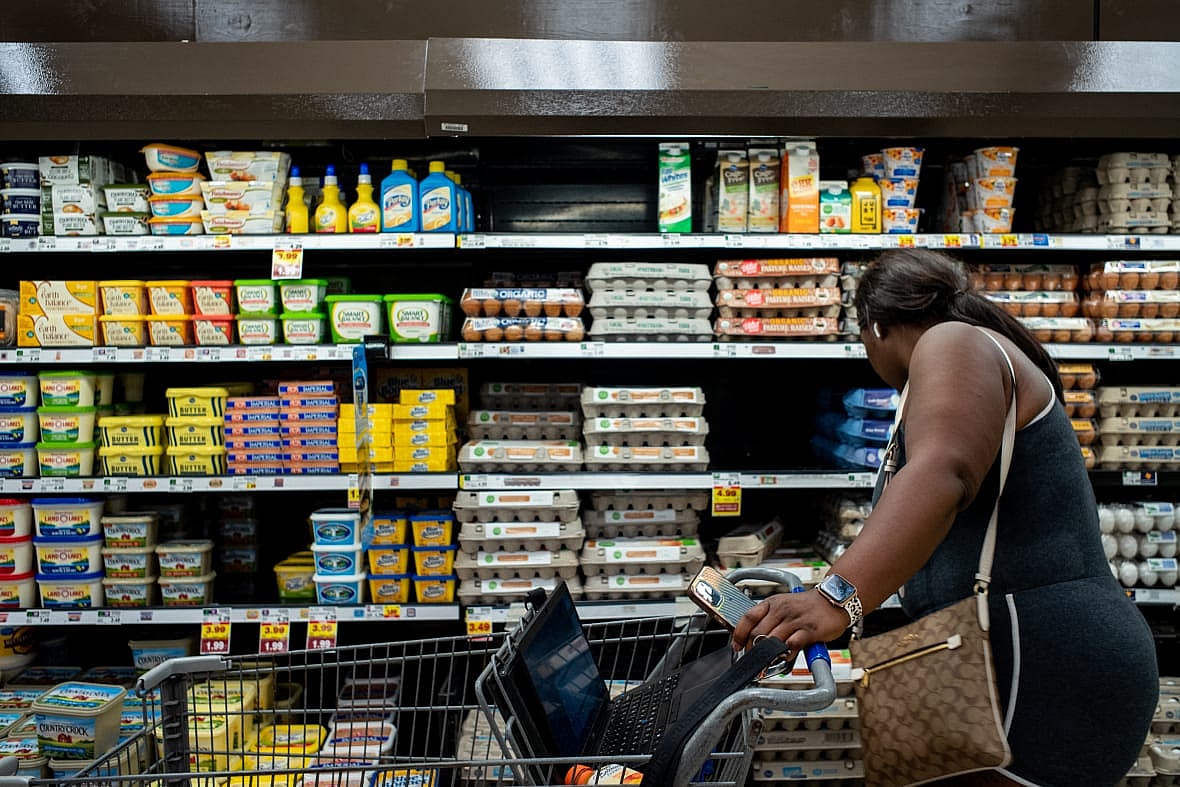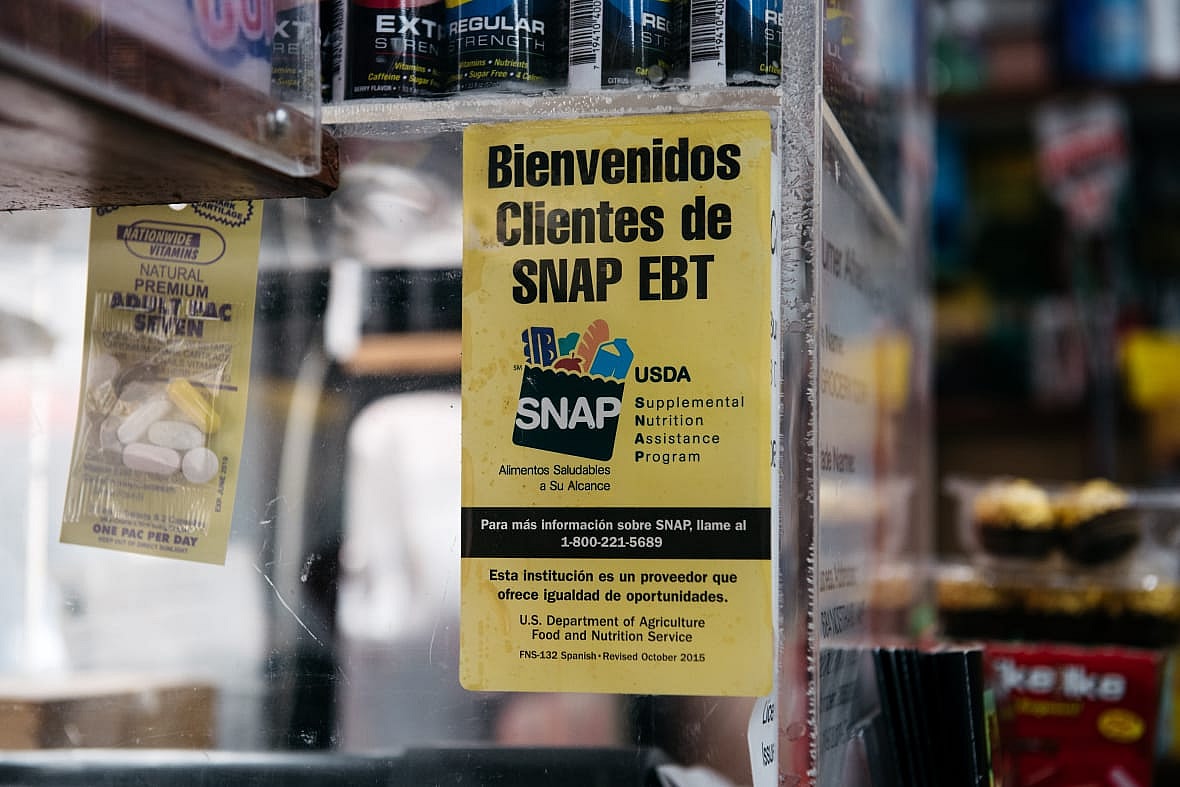After more than two years, emergency funding for food stamp recipients through the Supplemental Nutrition Assistance Program (SNAP) has come to an end.
Millions of American households that received increased allotments in their SNAP benefits since the spring of 2020 may be surprised by reduced funding in their accounts this month. That’s because of a change in U.S. law that sunsets a COVID-19-era program that provided an economic stimulus for SNAP recipients to avert food insecurity during the pandemic.

The United States public health emergency declaration for COVID-19 will end on May 11. However, Congress made a deal to end emergency food assistance funding for SNAP recipients sooner in the remaining states issuing the allotments.
According to the Center on Budget and Policy, every household will receive at least $95 a month less, while others with higher incomes will see reductions of $250 a month or more. Additionally, the average person will receive about $90 a month less in SNAP benefits.
In a statement to theGrio, CBP vice president for food assistance Ty Jones Cox said the temporary increases in food assistance during the pandemic were “hugely successful at reducing hunger and hardship.”
According to the Urban Institute, pandemic-era SNAP benefits kept 4.2 million people out of poverty in the fourth quarter of 2021 and reduced poverty by 9.6 percent in states with emergency allotments. The nonprofit research organization said emergency allotments also reduced child poverty by 14 percent in states with these benefits.
Now that the program has ended, Cox said Black households stand to suffer the most.
“Black families struggling to afford the cost of rising food will feel a real impact, especially given the modest amount of regular SNAP benefits – only about $6 per person per day, on average,” she said.
Last summer, the USDA announced cost of living adjustments for SNAP allotments, income eligibility standards, and deductions. USDA press secretary Marissa Perry noted that the evaluation for the cost of living adjustments is annual, telling theGrio that the 2021 re-evaluation “concluded that the cost of a nutritious, practical, cost-effective diet is 21 percent higher.”
Cox said the modest increase “will help soften the blow.” She also said it’s crucial that the Black community is aware of the reduction in benefits.
“This will ensure that Black families claim all allowable deductions in order for their benefits to most accurately reflect their households’ needs,” said Cox.

Perry said the USDA has been “disseminating information directly to the public through multiple channels,” including its website and social media. The agency also created infographics for stakeholders and media to help explain the changes to the SNAP program.
The spokesperson said the agency encourages SNAP households to “take advantage of other FNS programs they may be eligible for that can help meet their overall nutrition needs,” such as the WIC program for low-income women and children.
“USDA has also bolstered the Emergency Food Assistance Program (TEFAP) which helps supply food to food banks,” she said. “The Consolidated Appropriations Act, 2023 also makes Summer EBT a permanent, nationwide program for all children eligible to receive free or reduced-price school meals, fulfilling an administration top priority.”
She added, “And in 2024, children in rural areas will no longer need to be in a group setting to receive summer meals as part of our Summer Food Service Program.”
When asked about the concerns many Black and brown households may have about the reduction in SNAP benefits during Thursday’s White House press briefing, press secretary Karine Jean-Pierre said the Biden-Harris administration “cares about all Americans and making sure that no one is left behind.”
The presidential spokesperson pointed to the other areas of Biden’s economic agenda that have been aimed at easing the financial pain Black and minority communities are feeling.
“Communities are dealing with a hard time especially as we’ve seen in the last three years of COVID. That’s why the president has passed the American Rescue Plan to get us back on our feet to deal with communities and families who are not able to put food on the table,” said Jean-Pierre.
She assured that agencies throughout the administration are “making sure that families who were hurt the hardest continue to get that relief.”
TheGrio is FREE on your TV via Apple TV, Amazon Fire, Roku and Android TV. Also, please download theGrio mobile apps today!

